
Supplements formulated to optimize your health! See them all on our Revive MD page on PricePlow.
One of the most exciting frontiers in nutritional research is gut flora – the community of bacterial species that reside in the human digestive tract.
A lot has been made in popular media of the role that a person's gut flora plays in the so-called "gut-brain axis". Researchers are increasingly finding composition of gut flora is often disturbed in people with diagnosed psychiatric conditions, leading to speculation that this disturbance might be at least partly causative of mental illness.[1] The theory is basically that when the gut is colonized with "bad" pathogenic bacteria, their metabolic byproducts cause neurotransmitter imbalances and whole-body chronic inflammation,[2] which, over time, impairs brain function and even damages neural tissue.[1,2]
But there's a lot more to the story than just mental health: gut flora also play a key role in such essential bodily processes as immunity and the digestion and absorption of food.[3]
To give another example of how the gut flora may affect other bodily processes, we now know that there's such a thing as the gut-muscle axis.[4] This means that – you guessed it – your body's response to training may depend partly on the composition of your gut bacteria.
So given the central role of one's gut flora in immunity, psychiatric health, muscle gains and more, we can see that optimizing gut flora is incredibly important.
Meet Revive MD Probiotic
That's where Probiotic from Revive MD comes in. Expanding on the Revive MD Gut Health stack, which includes GI+ and Digest Aid along with Revive MD Fiber and Glutamine, we have a powerful and well-crafted probiotic supplement to help promote healthy gut flora.
It's all covered below, but first check our Revive MD Probiotic prices and sign up for our Revive MD news alerts, there's always good things coming from the Florida-based crew:
Revive MD Probiotic – Deals and Price Drop Alerts
Get Price Alerts
No spam, no scams.
Disclosure: PricePlow relies on pricing from stores with which we have a business relationship. We work hard to keep pricing current, but you may find a better offer.
Posts are sponsored in part by the retailers and/or brands listed on this page.
Let's look at research on the specific strains that Revive MD used to formulate this supplement, and their unique effects on human health.
Revive MD Probiotic Ingredients
In a single one (1) capsule serving of Probiotic from Revive MD, you get the following in a 31 milligram Probiotic Blend, which consists of a few specific strains:
-
SYNBIO (L. Rhamnosus IMC 501 and L. Paracasei IMC 502) – 1 billion CFU
This patented blend of two bacterial species from the genus Lactobacillus has actually been studied specifically for its ability to outcompete pathogenic species in the gut, thus inhibiting their growth and preventing them from creating gastrointestinal disease in the host.
We're all familiar with how plants and animals compete with each other for scarce resources, with the outcome of that struggle determining the reproductive success of each group. Even though we might not always think about it, the same principle applies to microscopic organisms.
They can attack each other by several means: direct antagonism (binding to each other or engulfing each other), producing "inhibitory compounds" that are basically a form of chemical warfare intended to poison the enemy micro-organism, or starving each other out by consuming substrate compound or breaking down the enemy's oxygen supply.[5]
Certain species of microorganism can also indirectly help the human host fight off pathogens by boosting his or her immune function.[5]
In a world where more and more bacterial infections are becoming resistant to antibiotics, the concept of battling pathogens by forcing them into competition with good bacteria is starting to get traction with researchers and physicians.[5]
In a 2014 study[5] published in the Journal of Applied Microbiology, researchers measured the anti-pathogenic activity of L. rhamnosus IMC 501 and L. paracasei IMC 502,the two bacterial strains that comprise the SYNBIO blend used by Revive MD in this probiotic supplement.
The researchers placed the two strains in a series of petri dishes (along with various pathogenic species of microorganism) and, compared to a control, measured their ability to inhibit the growth of the pathogens.[5]
The inhibitory activity of IMC 501 (dark), 502 (gray), and the combination of both (SYNBIO, light gray) against various pathogenic species of yeast and bacteria.[5]
As you can see from the chart above, the SYNBIO blend showed a high degree of inhibitory activity against most of the gastrointestinal pathogens tested. Although SYNBIO did not inhibit a few of the Candida (yeast) species, it still showed some degree of inhibition against most of them.
Interpreting this chart, we don't necessarily expect 100% inhibitory activity – that degree of inhibition is very high. Lower numbers are acceptable since maintaining gut health is a multifactorial process. There is no "silver bullet," and anything that moves us in the right direction is a potential weapon in our arsenal against gastrointestinal pathogens.
-
S. thermophilus SP4
When researchers simulated sepsis in mice by injecting them with lipopolysaccharides (LPS), also known as "endotoxin", they found that mice who were also administered S. thermophilus had significantly lower levels of inflammation compared to controls.[6]
The researchers gave LPS and S. thermophilus to these mice at varying doses, and in mice who were given 2 milligrams of LPS per kilogram of body weight, 55% of mice given S. thermophilus survived, compared to only 20% of mice who did not receive S. thermophilus.
In mice, S. thermophilus prevented inflammatory molecules tumor necrosis factor alpha (TNF-α) and interleukin-1 beta (IL-1β) from rising after the injection of lipopolysaccharides (LPS).[6]
Moreover, mice who were given a combination of S. thermophilus and LPS did not show an increase in their blood levels of tumor necrosis factor alpha (TNF-α) and interleukin-1 beta (IL-1β) – two cytokines that trigger the inflammatory response and have been linked to several diseases, including diabetes[7,8] and cancer.[9,10]
At higher doses of LPS, co-administration of S. thermophilus significantly improved the chances of survival in the mice.[6]
Given the close association between TNF-α and IL-1β, you might ask whether S. thermophilus can impair the growth of cancer. Another team of researchers studied this question in mice and found that indeed, S. thermophilus significantly reduced tumor formation in animals that received injections of a carcinogenic agent.[11]
-
L. acidophilus LA1
Like other bacteria from the Lactobacillus genus, L. acidophilus LA1 has a variety of benefits for the digestive system.
Specifically, the LA1 strain has been shown to inhibit pathogenic bacteria's ability to bind to certain cells in the human digestive tract.[12] LA1 does this by binding to those cells itself, which displaces the "bad" bacteria and thus helps prevent those bacteria from causing disease in the human host.
When researchers investigated the ability of LA1 to protect "against Caco-2 cell adhesion and cell invasion by a large variety of diarrheagenic bacteria," according to researcher, Marie-Françoise Bernet-Camard,[12] they found that LA1 showed dose-dependent protection against salmonella and E. coli.[12]
-
L. rhamnosus CLR1505
In a case that highlights the importance of gut flora for immune function, researchers gave malnourished mice nasal administration of L. rhamnosus CLR1505. What they found was that when these mice were deliberately infected with S. pneumoniae, the bacterium that causes pneumonia, those who had been pre-treated with L. rhamnosus showed significantly higher levels of T cells,[13] a type of white blood cell that directly attacks pathogens via macrophages.
Other studies on the subject have shown that L. rhamnosus pre-treatment can decrease the blood levels of inflammatory markers[14] and prevent excessive coagulation[15] during similar immune challenges in mice.
Dosage
Take one capsule, preferably on an empty stomach, once daily.
Conclusion
In Revive MD's Probiotic, we have a nice blend of Lactobacillus bacteria strains that have specifically been shown in controlled research experiments to boost immunity, reduce inflammation, and competitively inhibit pathogenic bacteria, which help prevent them from colonizing your gut.
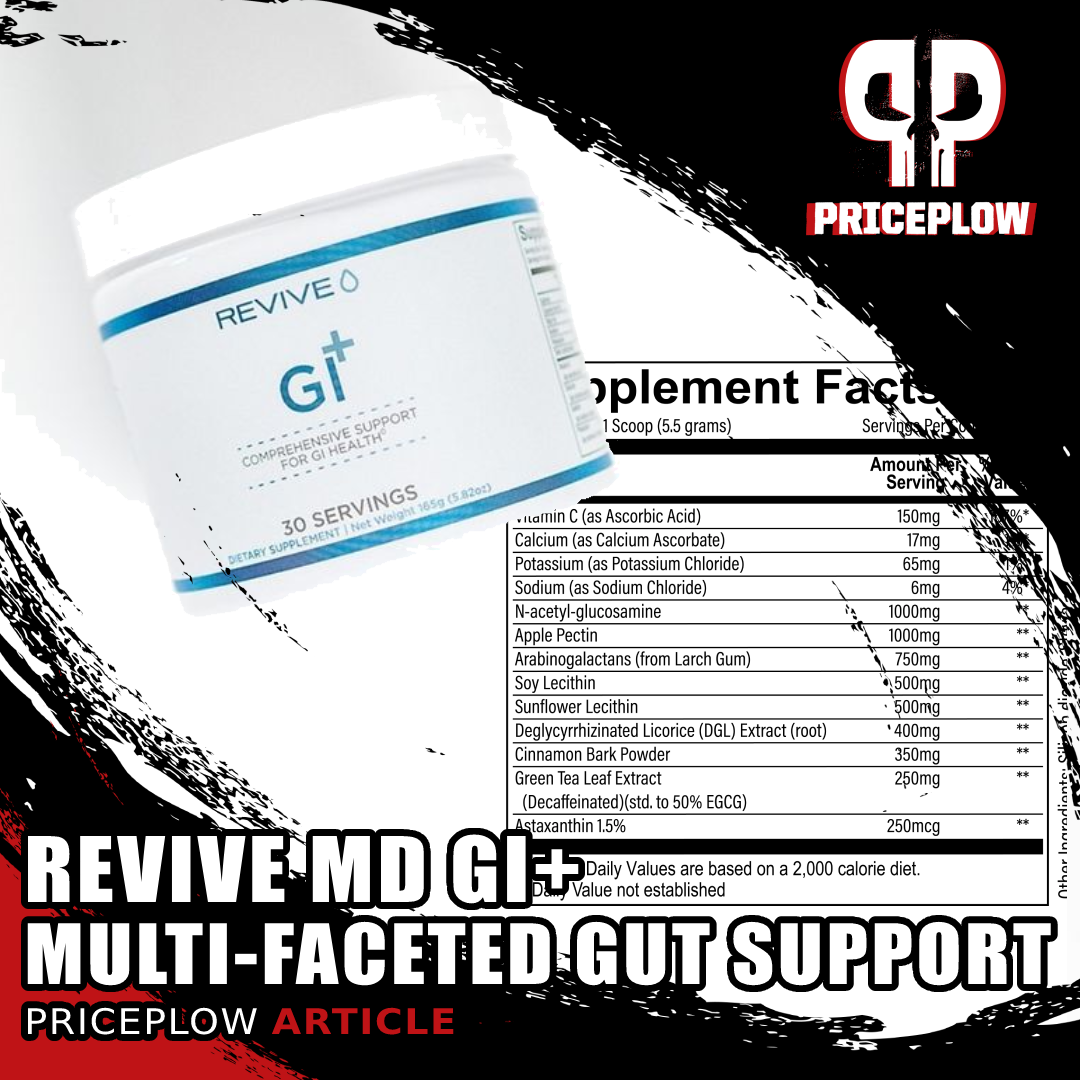
Revive MD, a supplement brand that's no stranger to all-in-one formulas, has put out their comprehensive GI Health supplement, GI+
This is a great way to continue the gut health stack that Revive MD has put together. Should you choose to go all the way, the entire stack is covered in our articles below:
- Revive MD GI+: A Gut Health Supplement That Does More
- Revive MD Digest Aid: Digestive Enzymes to Beat the Bloat
- Revive MD Fiber: A Fiber Supplement with the Best of Both Worlds
- Revive MD Glutamine: Why Add to Your Gut Health Stack
- Revive MD Probiotic (You are here)
If five gut health supplements from a brand run by a doctor and one of the world's elite fitness trainers doesn't tell you something, we're not sure what will!
Revive MD Probiotic – Deals and Price Drop Alerts
Get Price Alerts
No spam, no scams.
Disclosure: PricePlow relies on pricing from stores with which we have a business relationship. We work hard to keep pricing current, but you may find a better offer.
Posts are sponsored in part by the retailers and/or brands listed on this page.
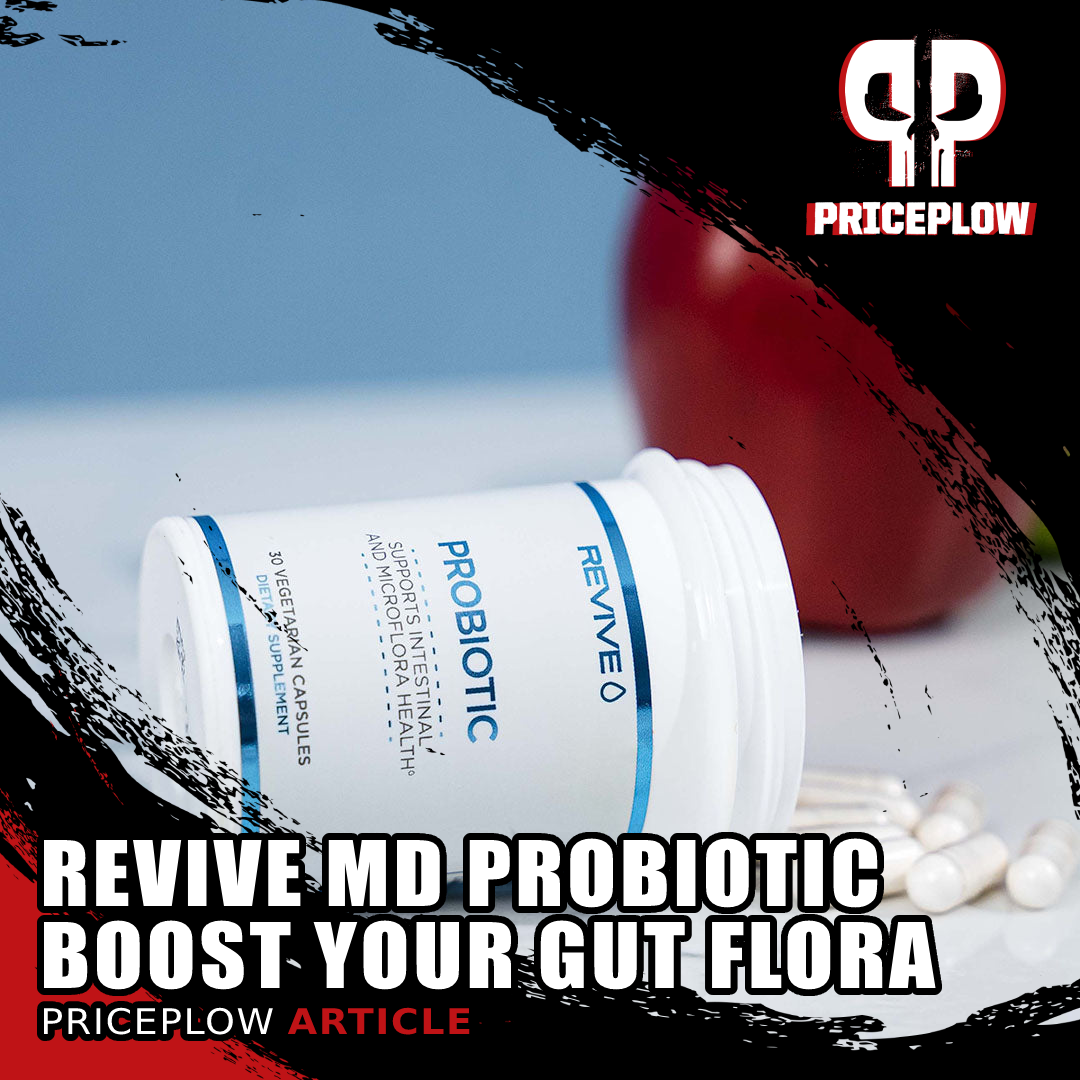
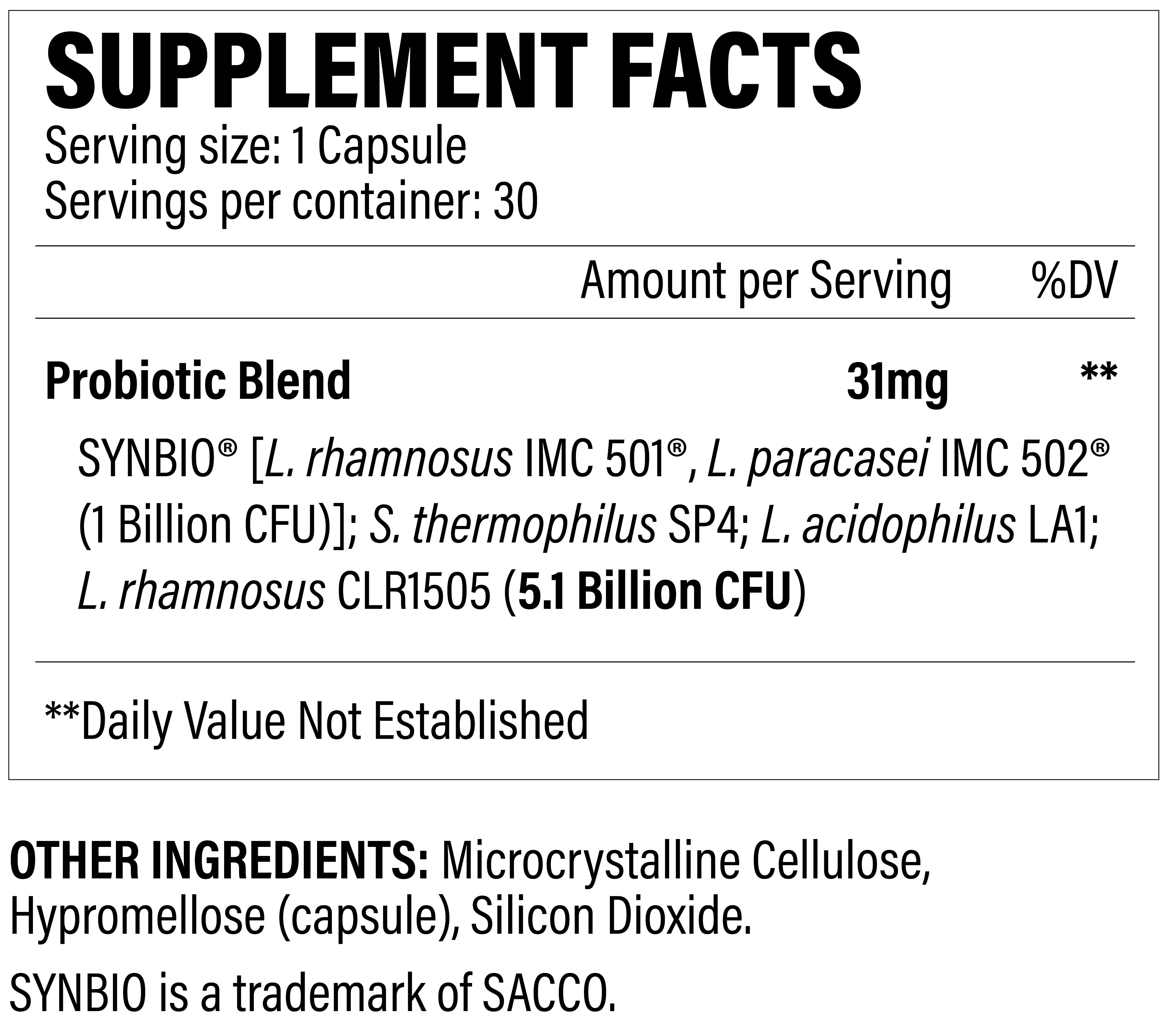
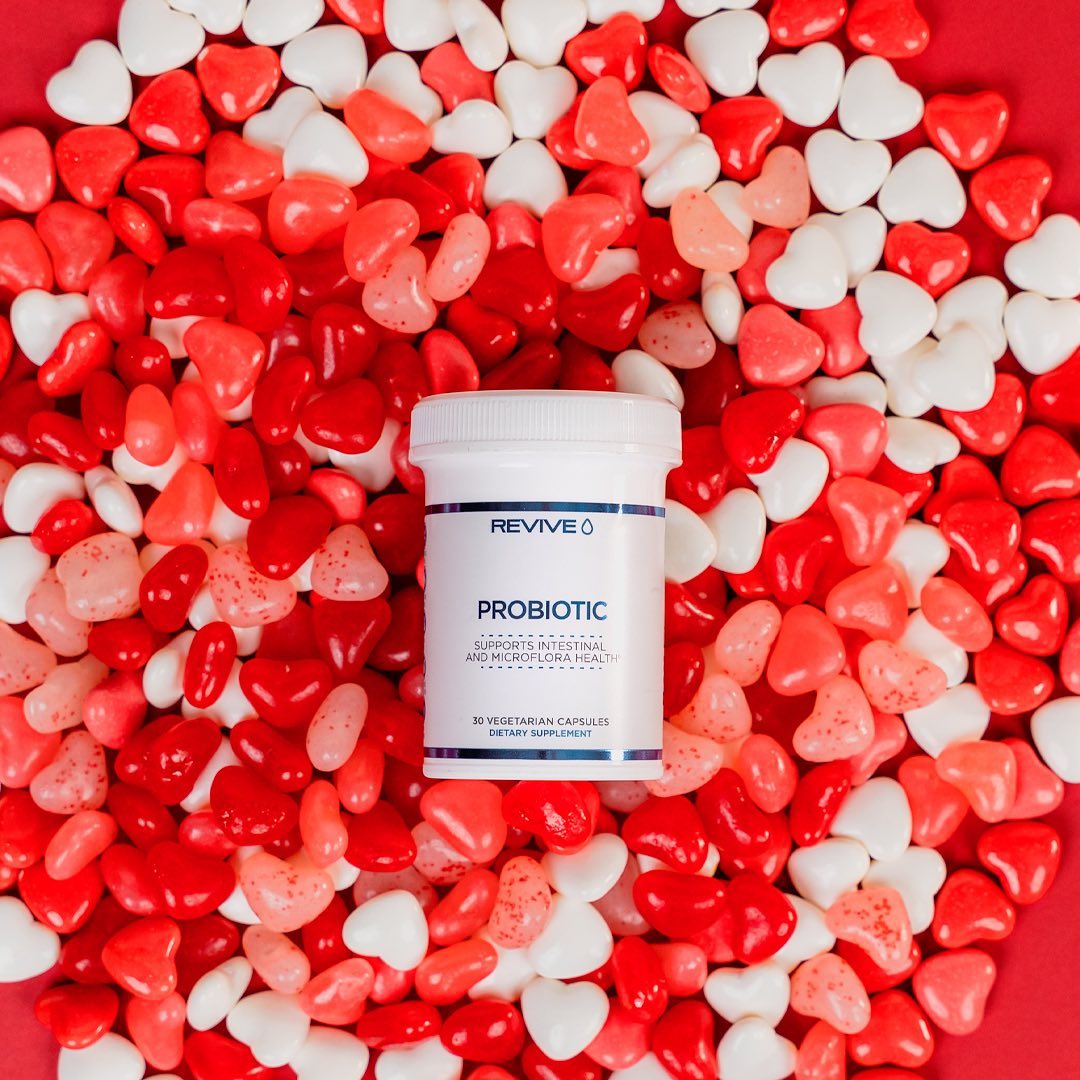
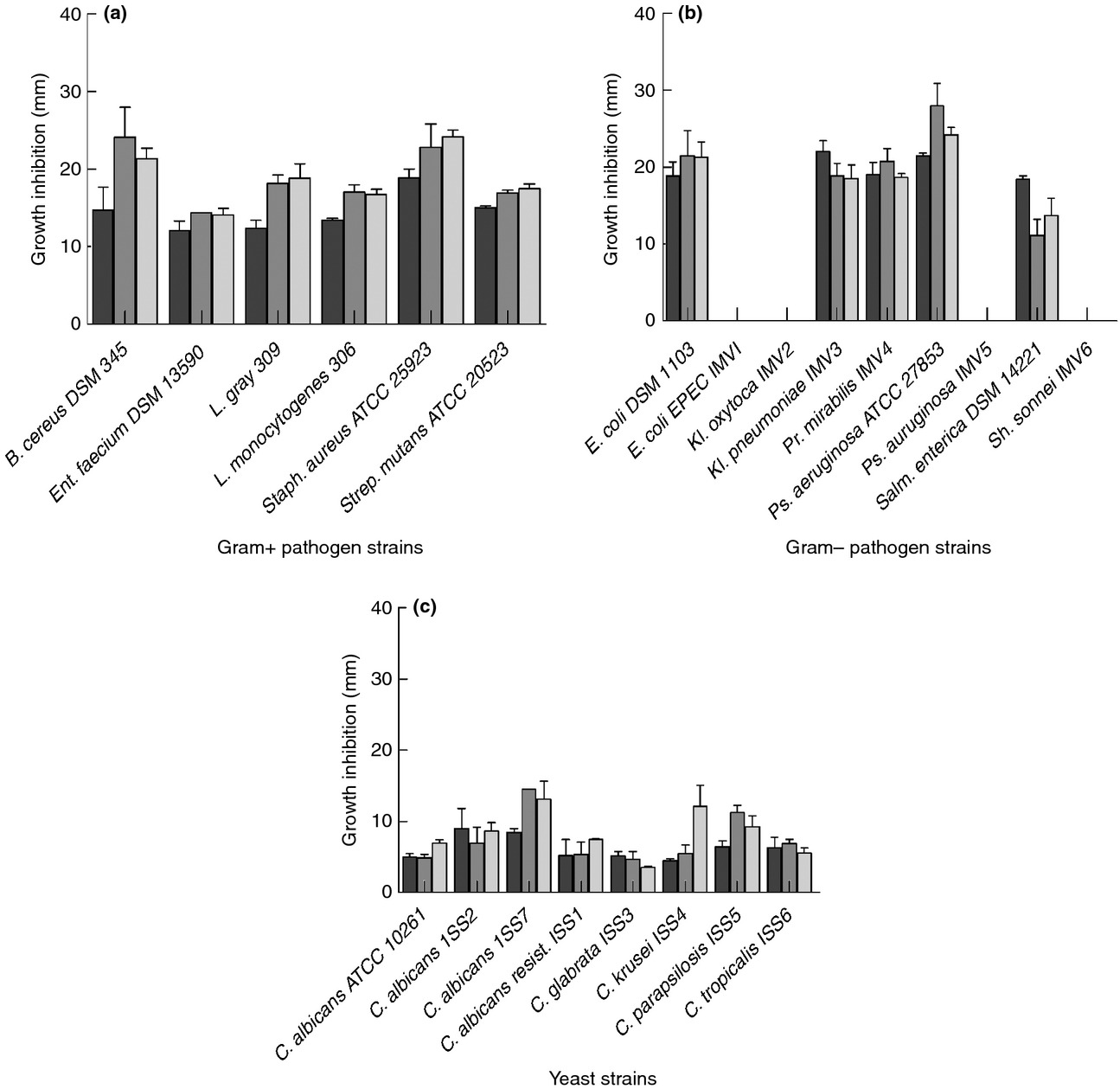
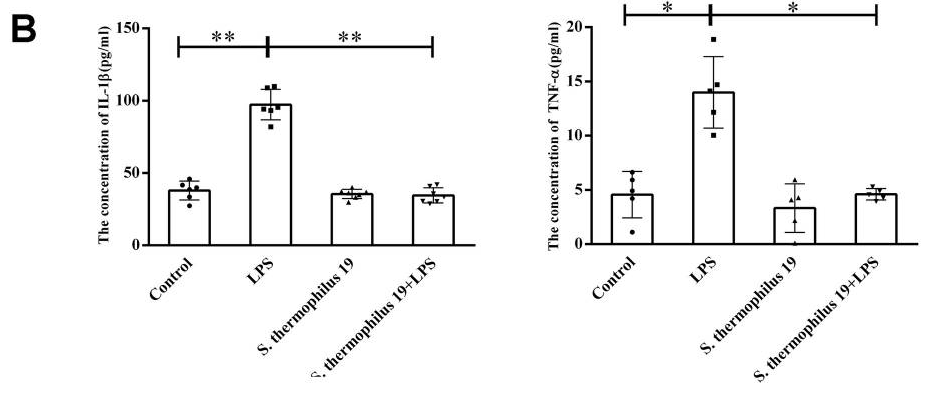
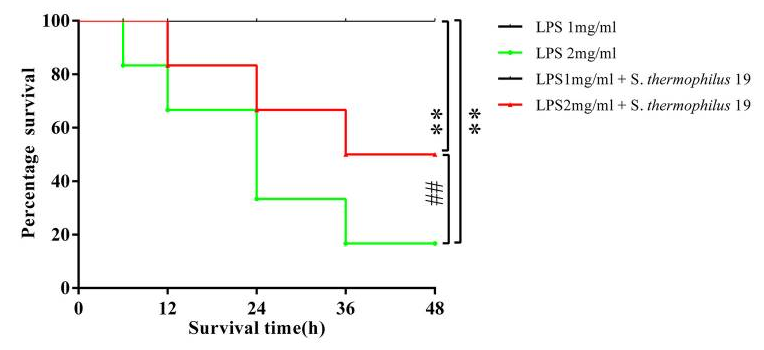
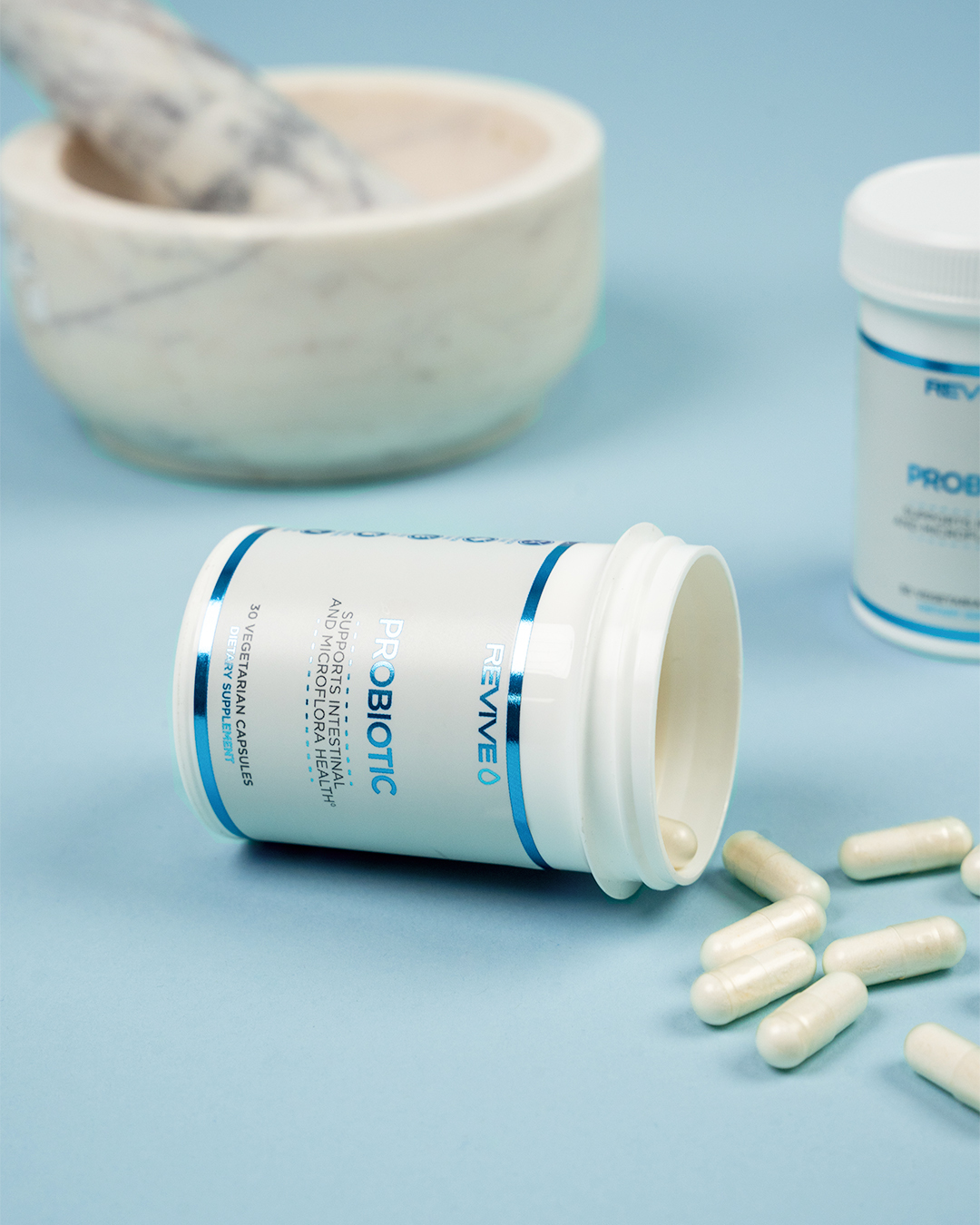


Comments and Discussion (Powered by the PricePlow Forum)